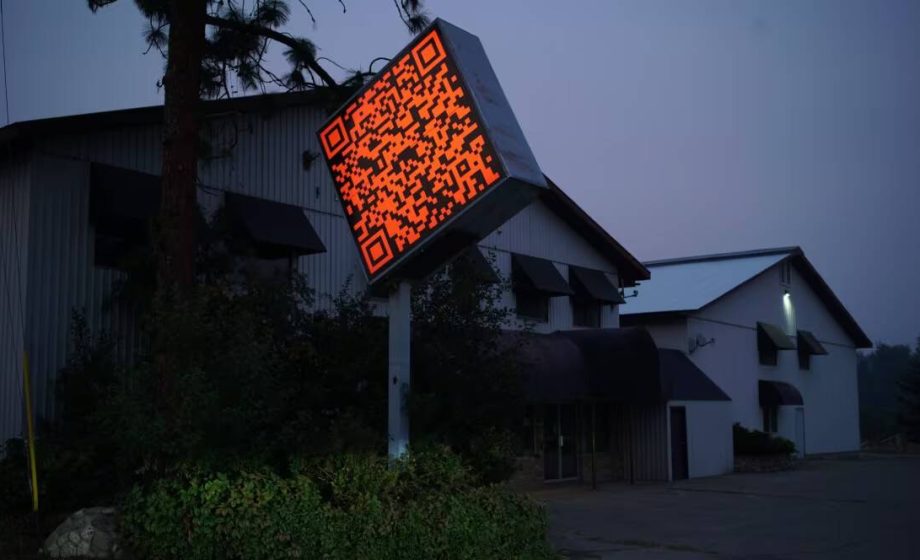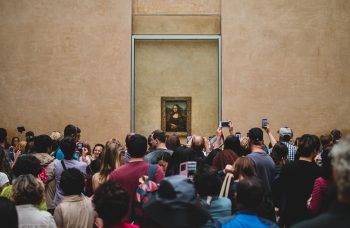Locales are always something of great necessity and value in the arts community. No matter the medium, there is a constant struggle to find space to display one’s work. Sometimes that can make for slim pickings, but at times it can be the mother of invention, taking a non-traditional space and making it something truly unique. That’s just what has happened in British Colombia with Cardiff Miller Art Warehouse.
Opened at the start of the month by artistic partners Janet Cardiff and George Bures Miller, the Cardiff Miller Art Warehouse (or CMAW) has been a long time coming. The pair have long been desiring a permanent location to display their works, and when they found this former furniture store several years ago, they jumped at the opportunity. With near 10,000 square feet of high-ceilinged space across two buildings, the duo have struck gold with a unique artistic home.
“The exhibition space has been renovated to accommodate Cardiff and Miller’s works,” their website states. “However, many traces of its previous use still remain to keep the space a little rough around the edges and avoid the feeling of a sterilized gallery.”
Cardiff and Miller have a colourful history as artists, having started to work together in the 80s and represented Canada at the Venice Biennale in 2001. Their pieces often combine sound and physical installations, one of their most notable being Poetry Machine, a vintage organ which plays recordings of Leonard Cohen reciting poems from his The Book of Longing. The Marionette Maker, which has never been displayed in Canada, features animatronic marionettes moving around a corpse-like “Sleeping Beauty” to haunting tunes. Their work combines the playful with the discordant and merges the impact of physical objects with lingering uses of sound. And while they, by their own admission, are getting older and residing in the quiet city of Enderby, they clearly have hopes to bring a unique attraction to their home.
The Cardiff Miller Art Warehouse opened with a selection of their larger works, such as the multi-speaker installation Fort Part Motet, having the freedom of space that most traditional galleries would have great difficulty programming. It proves itself already as a beneficial location for what the artists want to permanently share, and while they admit to not having a vision for future programming, they clearly are unafraid to throw caution to the wind and take a chance on this unique endeavour.





